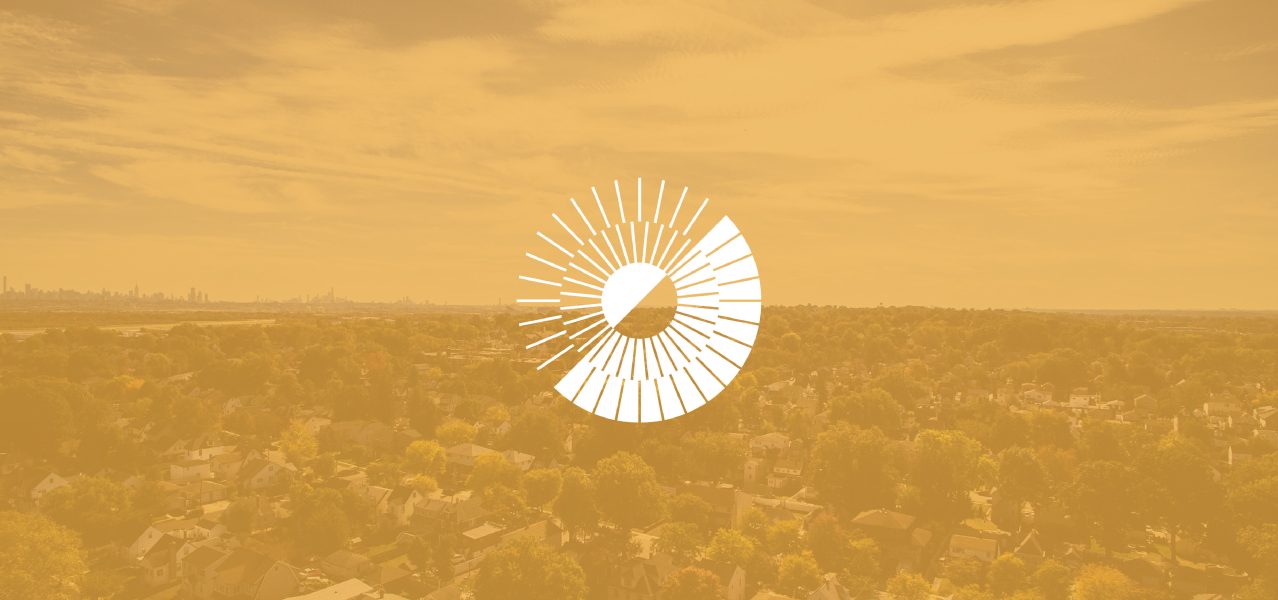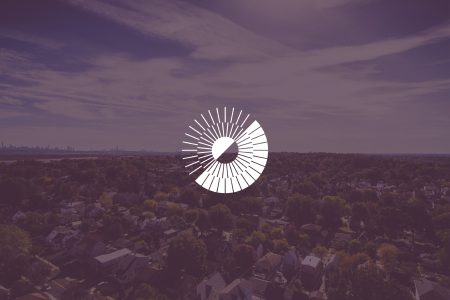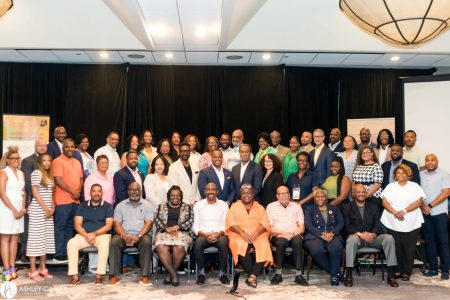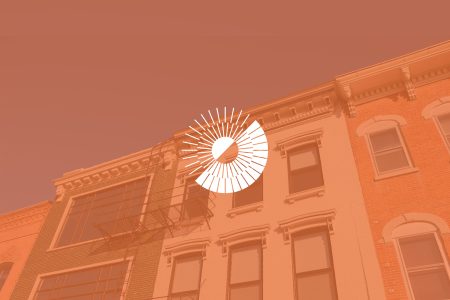When people hear “financial literacy,” they often think of financial planning apps and spreadsheets. But for many of our neighbors, financial literacy starts with something even more fundamental: access.
Gaining access to housing, capital, and tools that empower individuals to make informed choices are crucial steps towards accumulating wealth. This is where economic development plays a powerful role and why The African American Alliance of CDFI CEOs (The Alliance) invests in the growth and impact of CDFIs.
Economic development is about creating ecosystems where people can thrive. According to a report by the Initiative for a Competitive Inner City, “residents of under-resourced communities make up 14% of the nation’s population, but 31% of the nation’s poor”. Many of these communities are concentrated in the Northeast and Midwest—where over 35% of Alliance member CDFIs serve.
The Alliance believes that economic development must be people-centered, and it must prioritize the needs of communities that have an insufficient level of capital and resources.
Since the issue of concentrated poverty is multifaceted, compensating for systemic racism alone is not enough to solve it. Which is why we strategically develop comprehensive programs, trainings, and initiatives to address those problems as they manifest themselves at a community level. Through our supportive housing program, we increase regional outreach to identify housing solutions and create pathways of opportunities for small business support, workforce development, and investment readiness.
When we build the capacity of CDFIs serving underserved communities, we ensure capital reaches areas that are underinvested. When communities have equitable wealth-building opportunities, the impact is profound—not just for residents but for the broader economy. We believe economic development is key to lasting change and with your support we can make this change last.
As we recognize Financial Literacy Month, we invite our partners, donors, and community members to see financial literacy not as a siloed initiative, but as a core part of how we build viable neighborhoods.
Together, we can create an economy that works for everyone. Support The Alliance and donate today to invest in transformative change.




